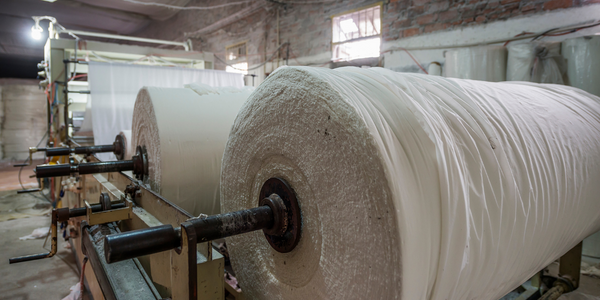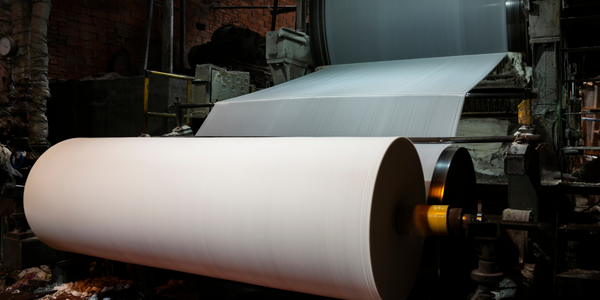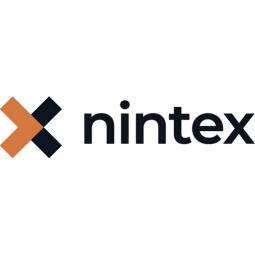下载PDF
Insurance Fraud Bureau Streamlines Document Handling with Nintex Platform
技术
- 应用基础设施与中间件 - 数据库管理和存储
- 基础设施即服务 (IaaS) - 云计算
适用行业
- 金融与保险
- 造纸
用例
- 欺诈识别
- 安全索赔评估
挑战
马萨诸塞州保险欺诈局 (IFB) 正在努力解决处理保险欺诈案件的纸张密集型流程。该局每年调查大约 4,000 起潜在的欺诈案件,并管理与这些调查相关的大量文件。这些文档中 80% 是纸质文档,20% 是电子文档。该过程涉及将纸质文件捆绑并打印出与案件相关的电子文件,形成一箱箱的文件。直到有人访问调查员工作的地区办事处后,这些盒子才会到达指定的调查员手中,从而导致长达一周的延误。基于纸质的手动审核流程还存在丢失文档的风险以及浪费时间来追踪文档。调查小组其他人对相关文件的可见性有限也延迟了处理。此外,该局决定将文件保存三年而不是一年,这带来了额外的存储挑战。
关于客户
马萨诸塞州保险欺诈局 (IFB) 是一家代表保险公司客户开展业务的调查机构。该局每年调查大约 4,000 起潜在的欺诈案件,管理与这些调查相关的大量文件。该局此前采用纸张密集型流程来处理这些案件,耗时、效率低下,并且存在文件丢失的风险。该局决定将文件保存期限从一年延长至三年,进一步加剧了这一挑战,因为该局没有足够的存储空间来存放额外的文件。
解决方案
该局利用 SharePoint 2013、KnowledgeLake Imaging for SharePoint、KnowledgeLake Capture、KnowledgeLake Connect 和 Nintex Workflow 2013 实施了电子流程解决方案。该局现在使用 KnowledgeLake Imaging for SharePoint 和 KnowledgeLake 扫描与案件相关的纸质文档,使其成为电子文档捕获。 KnowledgeLake Imaging 在扫描过程中将元数据附加到文档以进行文档搜索和检索,而 KnowledgeLake Capture 则通过局的多功能机器辅助实际扫描过程。 KnowledgeLake Connect 允许员工上传数字信息,Nintex Workflow 2013 提供多种审核和批准选项。 Nintex 工作流程将文档发送给指定的调查员,并通知团队成员何时可以访问这些文档。工作流程还会触发操作并分配与文档关联的相关任务。借助 Nintex,所有文档都被放入中央在线文档库中,标记为正确的案例,并进行相应的路由。
运营影响
数量效益
相关案例.

Case Study
Wireless Improves Efficiency in Compressed Air Systems
Hollingsworth and Vose wanted to improve the efficiency of their compressed air system, lower the electricity expense component of manufacturing cost in their commodity industry, and conserve energy leading to lowered greenhouse gas emissions. Compressed air systems degrade over time and become leaky and inefficient. Hollingsworth and Vose wanted to increase the frequency of system inspections without paying the high cost of manual labor.

Case Study
Real-time In-vehicle Monitoring
The telematic solution provides this vital premium-adjusting information. The solution also helps detect and deter vehicle or trailer theft – as soon as a theft occurs, monitoring personnel can alert the appropriate authorities, providing an exact location.“With more and more insurance companies and major fleet operators interested in monitoring driver behaviour on the grounds of road safety, efficient logistics and costs, the market for this type of device and associated e-business services is growing rapidly within Italy and the rest of Europe,” says Franco.“The insurance companies are especially interested in the pay-per-use and pay-as-you-drive applications while other organisations employ the technology for road user charging.”“One million vehicles in Italy currently carry such devices and forecasts indicate that the European market will increase tenfold by 2014.However, for our technology to work effectively, we needed a highly reliable wireless data network to carry the information between the vehicles and monitoring stations.”

Case Study
Process Predictive Analysis in Pulp and Paper Mill
Common paper breaks consequently lead up to 60 minutes of downtime, delaying a potential $10K per hour of production value process. Thus, defective products cause financial and damage company's reputation. Improving quality and reducing defect rates can generate millions of dollars of revenue per year for your company.

Case Study
Safety First with Folksam
The competitiveness of the car insurance market is driving UBI growth as a means for insurance companies to differentiate their customer propositions as well as improving operational efficiency. An insurance model - usage-based insurance ("UBI") - offers possibilities for insurers to do more efficient market segmentation and accurate risk assessment and pricing. Insurers require an IoT solution for the purpose of data collection and performance analysis

Case Study
Smooth Transition to Energy Savings
The building was equipped with four end-of-life Trane water cooled chillers, located in the basement. Johnson Controls installed four York water cooled centrifugal chillers with unit mounted variable speed drives and a total installed cooling capacity of 6,8 MW. Each chiller has a capacity of 1,6 MW (variable to 1.9MW depending upon condenser water temperatures). Johnson Controls needed to design the equipment in such way that it would fit the dimensional constraints of the existing plant area and plant access route but also the specific performance requirements of the client. Morgan Stanley required the chiller plant to match the building load profile, turn down to match the low load requirement when needed and provide an improvement in the Energy Efficiency Ratio across the entire operating range. Other requirements were a reduction in the chiller noise level to improve the working environment in the plant room and a wide operating envelope coupled with intelligent controls to allow possible variation in both flow rate and temperature. The latter was needed to leverage increased capacity from a reduced number of machines during the different installation phases and allow future enhancement to a variable primary flow system.






